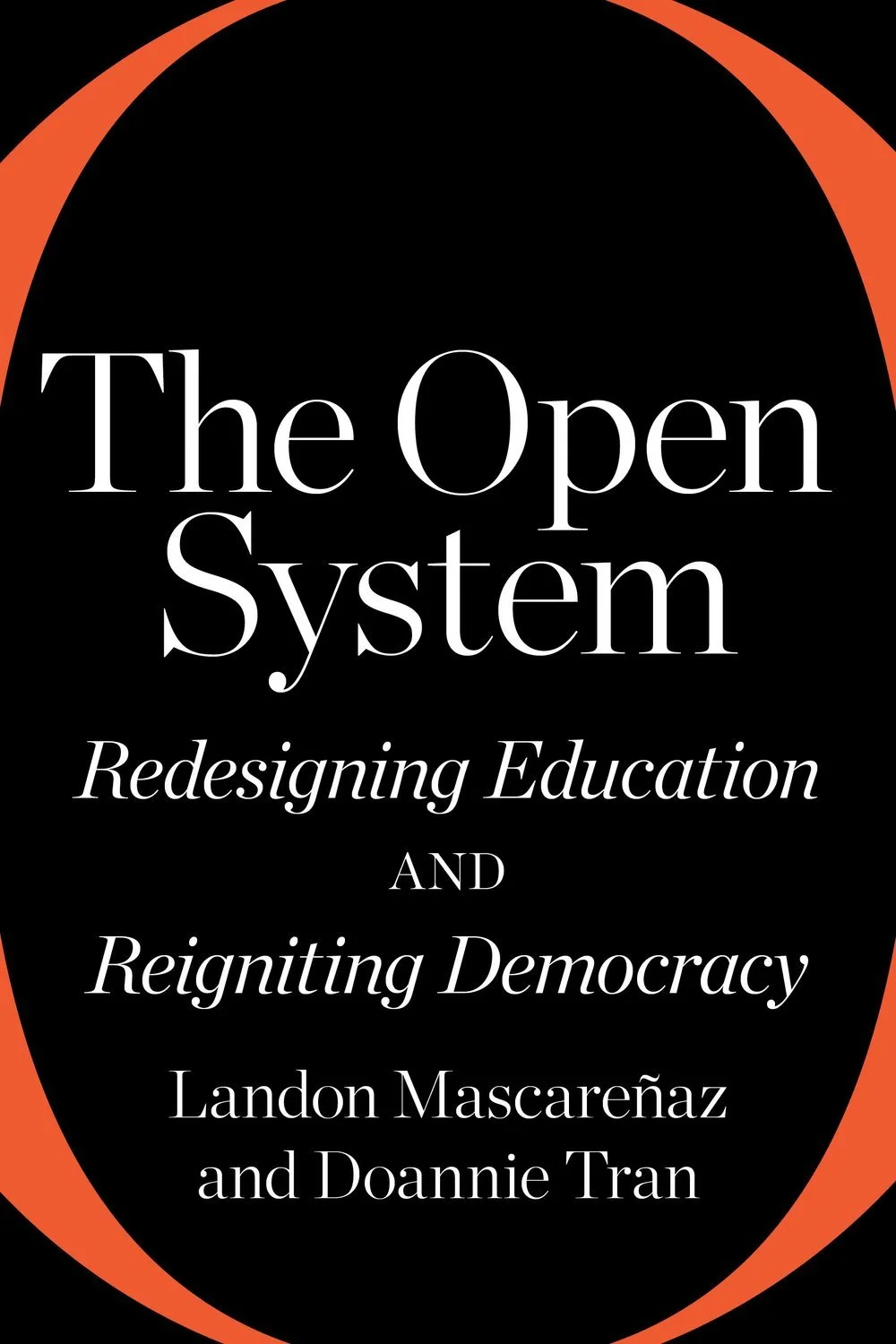Higher Education Partnership Resources
The Open System began as a project to bring together educators, community organizers, district leaders, and more to build a shared discipline for co-creation. We have focused explicitly on providing examples from rural, urban, and suburban contexts - and across political contexts. As you explore their stories, our hope is the lessons and experiences can help us all we move forward in the turbulent time. We are excited to learn from others and continually amazed at the work happening in communities across the country.
We are very grateful for all the partnerships we have with higher education! We have built this page to provide a ready-to-go set of resources, questions, and materials to get started teaching and using the book. Please let us know if there are any questions, ideas, or additional materials you'd like to see included here or would be helpful. Thank you for all your work!
We are deeply committed to sharing the discipline of open systems in education with communities all over the world, amplifying the opportunity for a reignited democracy.

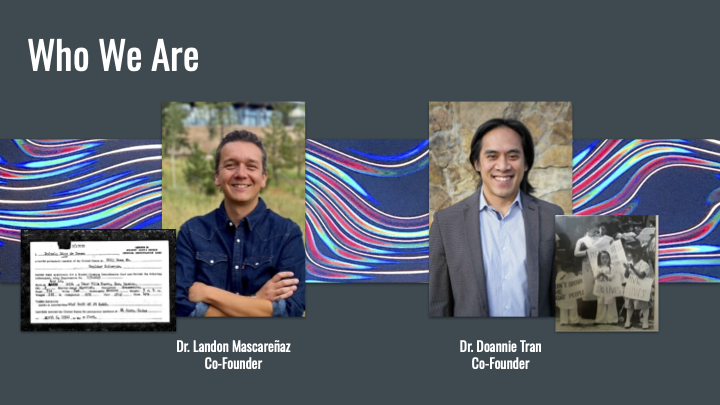
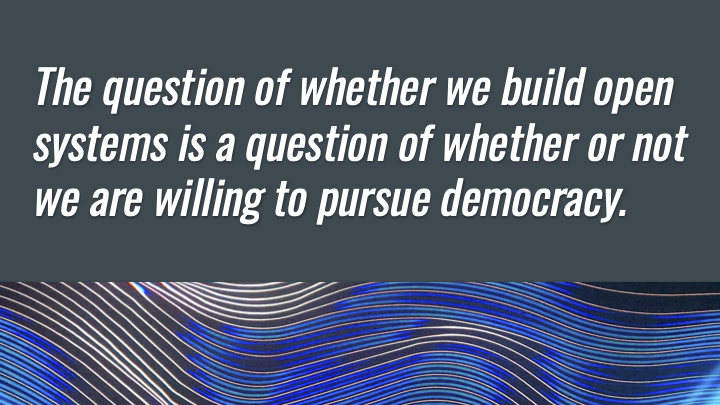
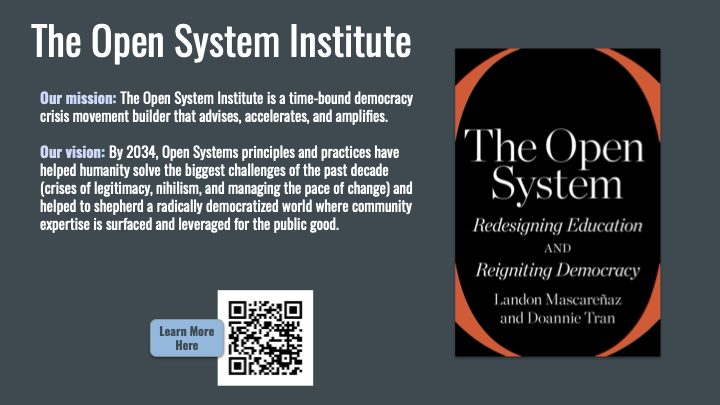




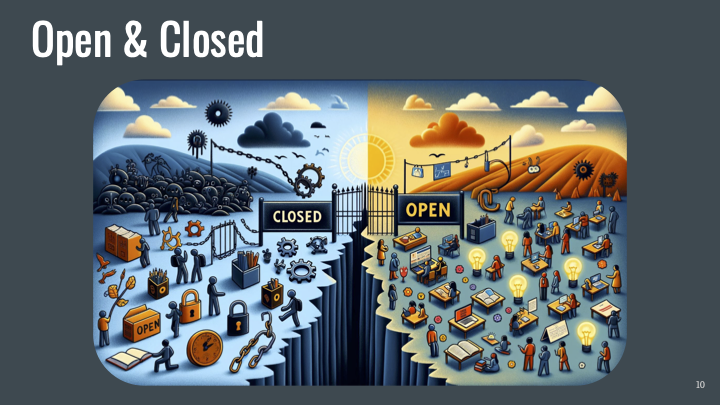



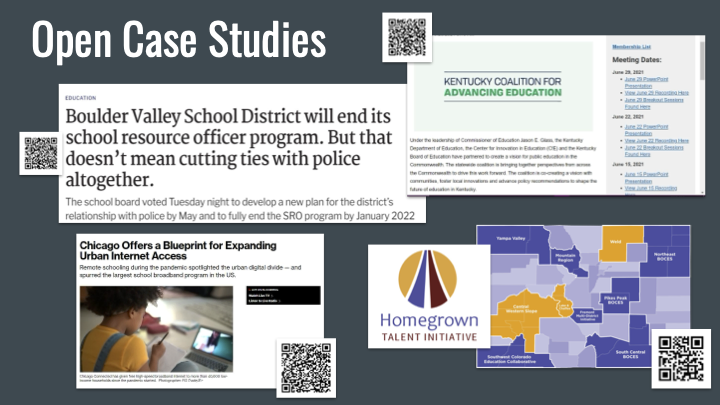


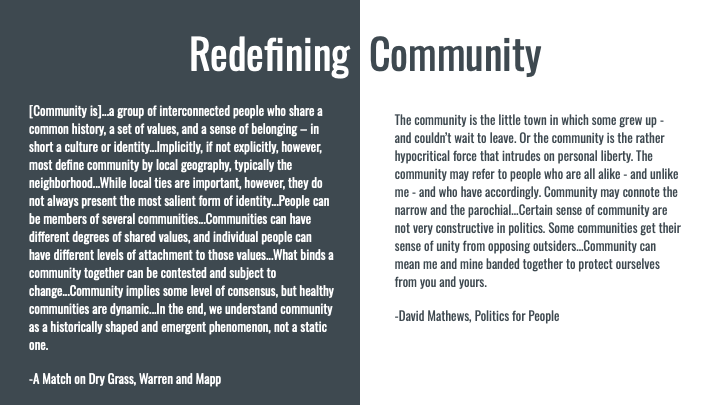

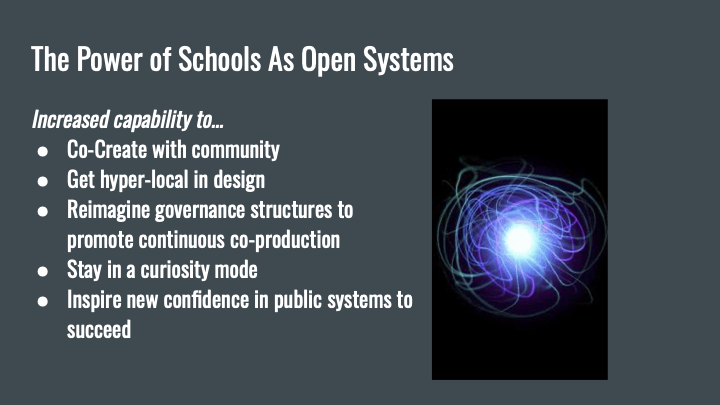
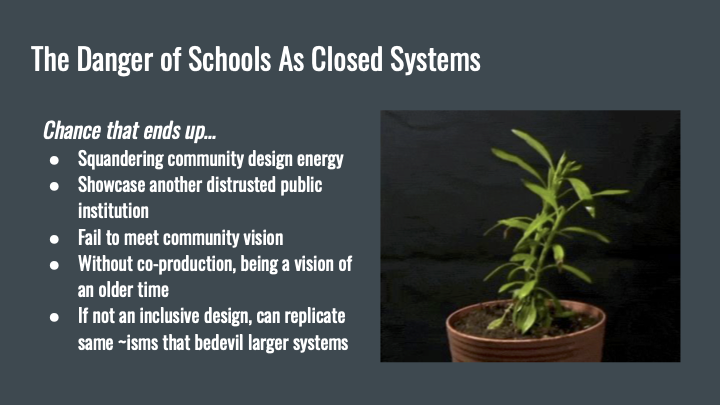

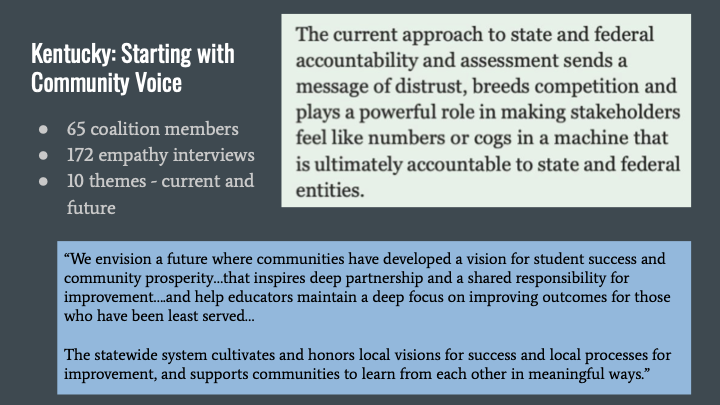


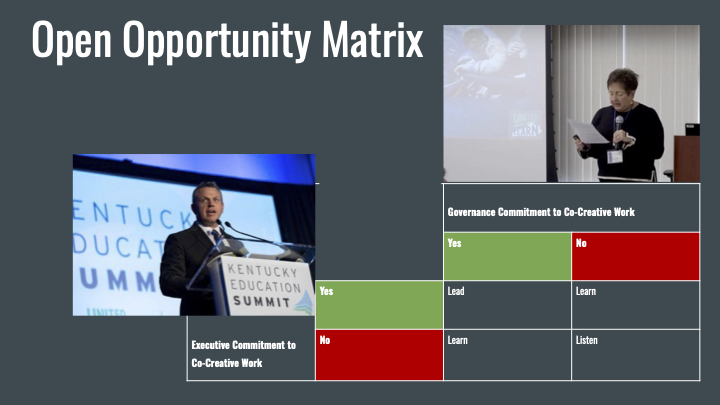

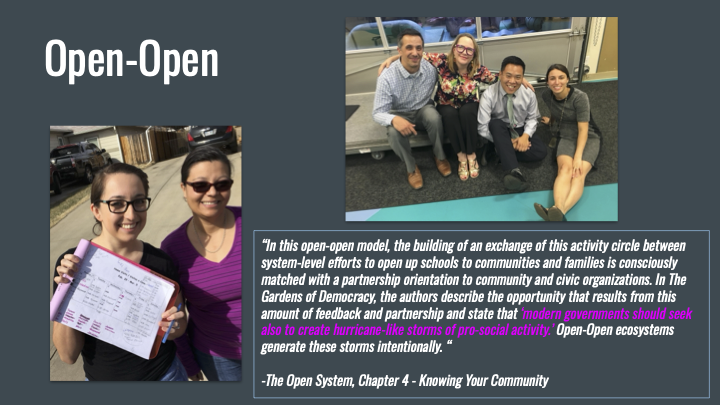



Discussion Questions
In the book you will find practices that engage each principle alongside accompanying discussion questions for each principle and practice listed below. Here are a few of the discussion questions:
OPEN PRINCIPLE 1 Activate Open Leadership:
Why must open systems begin with open leaders?
OPEN PRINCIPLE 2 Know Your Community
How do openers redefine their conception of community?
OPEN PRINCIPLE 3 Design Breakthrough Spaces
Why must we see designing breakthrough spaces as a foundational element of building open system capacity in education?
OPEN PRINCIPLE 4 Model Creative Democracy
Why is it important to move beyond equity and discuss systematic liberatory shifts?
OPEN PRINCIPLE 5 Assemble Abundance Partnerships
Why do open leaders and open systems need to embrace abundance to transform long-term capacity and public value?
OPEN PRINCIPLE 6 Expand Openness
As open system efforts move into long-term efforts or endeavors, how should leaders or communities sustain, expand, and integrate open system efforts?
Online Resources:
Series | The Open System
The Open System with Canadian podcaster Stephen Hurley (Director of VoiceEd Radio Canada) launched in late 2023 and will be continuing forward in 2024 with even more episodes. Each episodes brings on a special guest who leads exciting open system work somewhere in North America and explores different open system principle.
Listen on Apple Podcasts
Check in our directly from VoiceEd Radio
“Reject this doomerism that says that we can't change the institution.”
LM and DT spoke with Mila about how education is our greatest democracy-building endeavor. They discussed rebuilding trust in public education and marshaling the public will to do something great together.
We spent time working through how the democratic act is in the spark of everyday interactions with our community, such as in schools. Families and communities should be an integral part of the way that schools function. We need to practice new ways of making decisions together as a society, and education is a fertile place for this practice.
Doannie reminds us that “If people can change, institutions can change, because they're nothing more than the people within them.”
Higher Education Partners and Testimonials
"Despite decades of well-meaning reform efforts, educators remain frustrated that we have not met our promise of better and more equitable outcomes for our students. It is refreshing to read a breakthrough piece that has the potential for dramatic systemic improvement. The book brings hope supported with direction. It is a must-read for education leaders." - Gene Wilhoit, former executive director, Council of Chief State School Officers, and founder, Center for Innovation in Education
"The Open System is a rare combination of concrete, practical strategies on how school systems can much more effectively work together with families and communities to improve policies and outcomes, and ambitious, idealistic arguments for how these strategies can help bolster our democracy." — Hanseul Kang, assistant dean and Anita and Joshua Bekenstein '80 B.A. Executive Director, The Broad Center at the Yale School of Management





